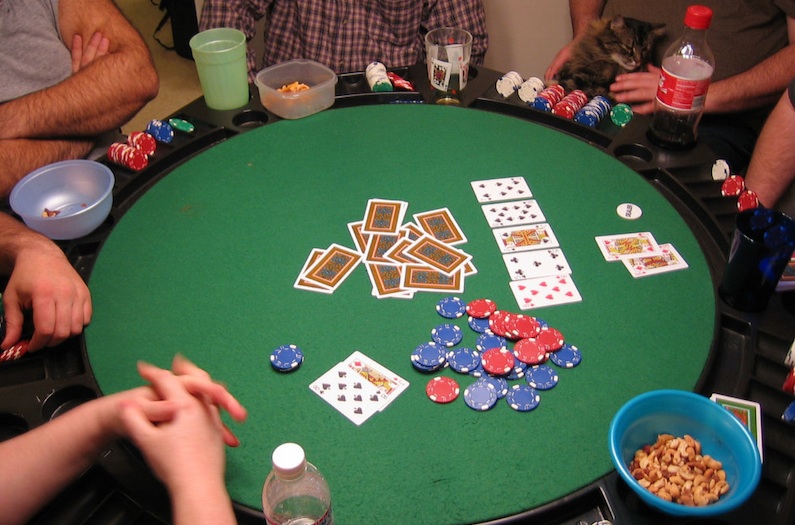Poker Rules Betting And Raising
Posted onby admin
Misdeals
The rules of betting, raising, and re-raising in seven card stud can be tricky, and at my little stints at the live tables, even the more experienced players have trouble keeping track of what the minimum bet is depending on what street of cards has just been dealt. In multi-way hands, it can even get more confusing if one isn't paying close attention to what is going on.
Poker Betting Strategy

- What is a string bet or string raise in poker? According to Section 3 of Robert’s Rules on betting and raising, during a tournament, one must make a verbal statement with the amount of the raise or place the correct amount of chips in the pot with a single forward motion to avoid confusion.
- Poker is any of a number of card games in which players wager over which hand is best according to that specific game's rules in ways similar to these rankings.Often using a standard deck, poker games vary in deck configuration, the number of cards in play, the number dealt face up or face down, and the number shared by all players, but all have rules that involve one or more rounds of betting.
- (An example of a full raise is on a $20 betting round, raising a $15 all-in bet to $35). In limit poker, if you make a forward motion with chips and thus cause another player to act, you may be forced to complete your action. A verbal statement denotes your action and is binding.
Limit Poker Betting Rules
- The following circumstances cause a misdeal, provided attention is called to the error before two players have acted on their hands. (If two players have acted in turn, the deal must be played to conclusion, as explained in rule #2)
- The first or second card of the hand has been dealt faceup or exposed through dealer error.
- Two or more cards have been exposed by the dealer.
- Two or more boxed cards (improperly faced cards) are found.
- Two or more extra cards have been dealt in the starting hands of a game.
- An incorrect number of cards has been dealt to a player, except the top card may be dealt if it goes to the player in proper sequence.
- Any card has been dealt out of the proper sequence (except an exposed card may be replaced by the burncard without such action causing a misdeal).
- The button was out of position.
- The first card was dealt to the wrong position.
- Cards have been dealt to an empty seat or a player not entitled to a hand.
- A player has been dealt out who is entitled to a hand. This player must be present at the table or have posted a blind or ante.
- Action is considered to occur in stud games when two players after the forced bet have acted on their hands. In button games, action is considered to occur when two players after the blinds have acted on their hands. Once action occurs, a misdeal can no longer be declared. The hand is played to conclusion and no money is returned to any player whose hand is fouled.